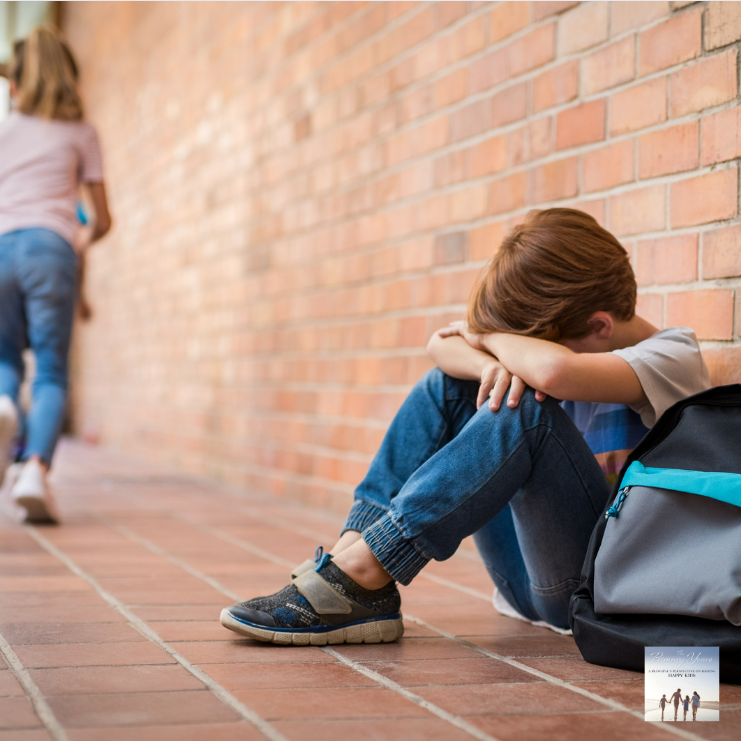Is bullying an issue for your child?
Sadly, this is an area that we are dealing with across all schools. From time-to-time, schools develop great policies that seem to work to protect the victim and to change the behaviour of the offender. However, they can break down and once a child feels the pressure of repeated bullying, it can become quite a consuming and damaging part of their life. In many cases it is not forgotten.
Of course, there is the argument that we need to toughen our children to the real world. I would agree with this, except bullying has an incredibly damaging impact on a child’s wellbeing, which can be lasting and have major impact on a child’s sense of self-worth. A child’s school performance will drop quickly if they lose their sense of personal confidence.
Here are a few ideas to keep you focused on the issue of bullying:
When chatting with your child, listen to any statements being made about feeling less interested in school. Of course, there are obvious signs such as bruising etc. but sometimes a child wants to simply not attend school because of the passive aggressive pressure being placed on them. Gently ask questions to establish why they have lost interest in school.
If you suspect some bullying, take care not to be too direct in questioning. That can sometimes scare them off. Also, they fear that your interference can make it worse. This is a big issue with children not disclosing bullying, if they think their parents will intervene and overreact.
‘You seem unhappy with school now. I wonder what makes you feels so sad?’ Ask gentle, general questions.
A child needs to feel that when they tell you about it, you are really listening and not just treating it lightly. When a child is bullied, they need reassurance and faith that their parents will take it seriously.
Of course, overreacting and wanting to solve the problem by approaching the bully yourself is not the answer. If your child thinks that you will deal with it that way, they are more inclined not to tell you. Take care not to be the person who solves the problem on your own. That behaviour does not make for a better parent.
Listen carefully and get an accurate picture of what is happening. Let them talk about their feelings and ask them to be specific about the bullying.
· Who is doing it?
· What are they actually doing to your child?
· How often does it happen?
· When and how does your child deal with it now?
Sometimes children can be vague about the bullying because they are anxious and feel interference will make it worse. Go gently and gain accurate and specific information. Try not to put thoughts in their mind that their behaviour has caused this to happen. However, try to learn what aggravates this behaviour.
Discuss the actions to take with your child. Give them strategies but also go straight to the school initially deal with the teacher and discuss how it will be handled. A Principal will most often refer this back to the teacher who understands more about the dynamics of their class.
Your child needs to be aware of all the actions that needs to be taken and what the school expects of them. Read their school policy on bullying very carefully. It will contain expectations on the part of the one bullying and the victim.
Ongoing discussion with your child will ensure that they know you are concerned and that no one rests until the bullying has stopped. Keep in regular touch with the school to ensure that the action has gone away. If still unsatisfied, talk to the Principal.
Discuss with your child how they are feeling and have they learnt any strategies to deal with such issues in the future. Whilst we all have strong feelings about consequences for the one bullying, we want our child to learn how to prevent further bullying occurring.
Keep in touch with the school to be satisfied that the issue of bullying is still being addressed. Bullying can transform itself in various ways and creep back without ongoing maintenance from the school and parents.
A child has a fundamental right to feel safe and to be treated fairly and respectfully. Schools and parents need to work together to ensure that emotional, intellectual, social and physical safety is a given at their school.
‘If children feel safe, they can take risks, ask questions, make mistakes, learn to trust and share their feelings and grow.’
-Alfie Kohn
